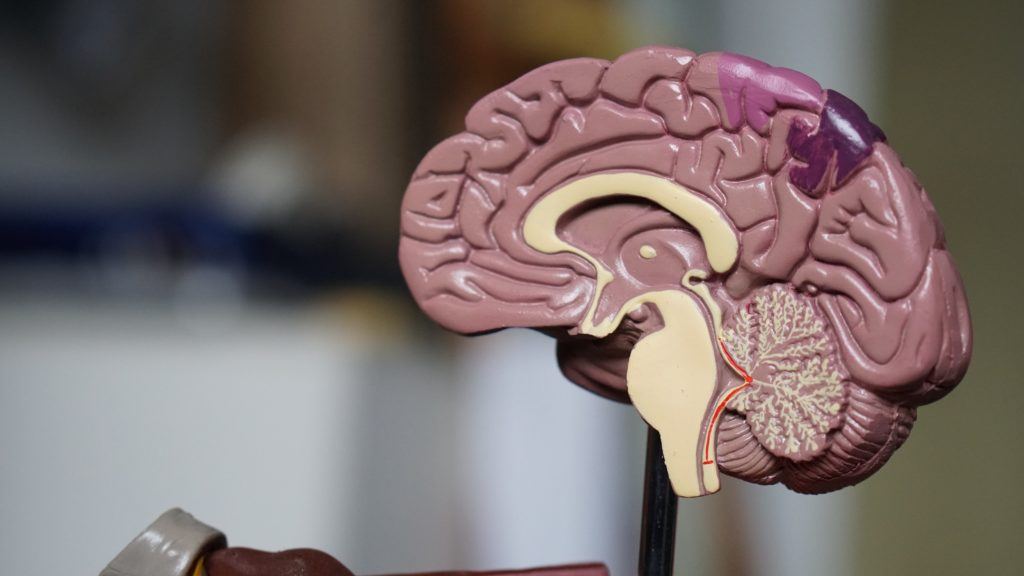People v. Watts: Prosecution Consent Not Required for Diversion
What Is Mental Health Diversion?
In criminal law, a diversion is an alternative to criminal prosecution where a first-time, low-level offender is given a chance to participate in a rehabilitation program and subsequently have the charges against him dismissed. Mental health diversion, specifically, allows some defendants with mental health issues to receive care and treatment rather than jail time when they are charged with a crime. Over the past decade, California has reformed its criminal justice system to place greater emphasis on providing treatment to defendants with mental illnesses rather than incarcerating them.
California Penal Code Section 1001.36 outlines that all of the following conditions must be met in order for the defendant to qualify for mental health diversion:
- The defendant must suffer from a mental disorder including, but not limited to, bipolar disorder, schizophrenia, schizoaffective disorder, or post-traumatic stress disorder, but excluding antisocial personality disorder, borderline personality disorder, and pedophilia
- The defendant’s mental disorder was a significant factor in the commission of the charged offense
- In the opinion of a qualified mental health expert, the defendant’s mental disorder would respond to mental health treatment
- The defendant must consent to diversion and waive his right to a speedy trial
- The defendant must agree to comply with treatment as a condition of diversion
- The court is satisfied that the defendant will not pose an unreasonable risk of danger to public safety
Once the defendant has completed the mental health diversion successfully, the court will dismiss the charges against him. The arrest will be sealed, and it will be as if the arrest and prosecution never happened. In most cases, the arrest cannot be used to deny the defendant any employment, benefit, license, or certificate.
People v. Watts: Prosecution Consent Not Required for Diversion
Until recently, there was no case law on whether the prosecution must approve a defendant’s mental health diversion. However, in the 2022 case of People v. Watts, the California Court of Appeals ruled that a defendant does not need the consent of the prosecution before the court can grant diversion. The defendant Demoryie Watts was charged with attempted carjacking. He initially requested mental health diversion but was rejected all three times after the trial court noted that he had repeatedly failed to show up for therapy appointments and was therefore not a suitable candidate for diversion.
Watts then filed a fourth request, to which the prosecution filed an opposition. At a hearing for the defendant’s petition, the trial court denied the request, citing both the prosecution’s opposition as well as the defendant’s history of non-compliance with mental health treatment. The trial court believed that because diversion was intended to be collaborative, the consent of the People was required. The defendant, on the other hand, argued that the statute did not require the prosecution’s consent for diversion.
On appeal, Watts asserted that the trial court had erred by requiring prosecutorial consent to diversion. The appellate court sided with Watts, finding that it was an error for the trial court to rule that diversion required consent by the People. Despite this finding, the appellate court held that the defendant did not independently meet the criteria for diversion, and thus the error was harmless. In future cases, however, this ruling may be important because it establishes that a court can grant mental health diversion without the consent of the prosecution.
Contact Wallin & Klarich Today
The laws regarding mental health diversion can be complex. If you or a loved one suffers from mental health issues and have been charged with a crime, contact Wallin & Klarich as soon as possible to see if we can help you avoid incarceration. With 40+ years of experience, Wallin & Klarich is the greatest choice amongst Southern California criminal defense firms. Our attorneys have helped thousands of clients in a wide range of cases, and we have the skills and resources to secure the best outcome for you.
With offices in Orange County, Riverside, San Bernardino, Victorville, Torrance, West Covina, Los Angeles, and San Diego, you are sure to find an available and convenient attorney near you. Discover how our team can assist you. Contact us today, toll-free at (877) 4-NO-JAIL or (877) 466-5245 for a free consultation with a skilled defense attorney.




